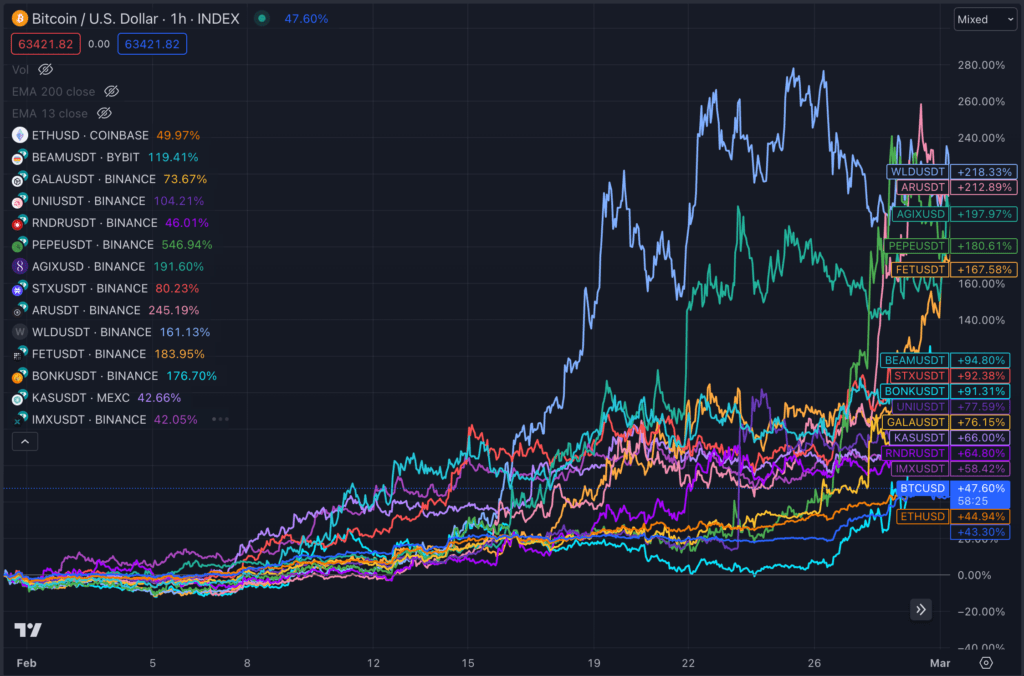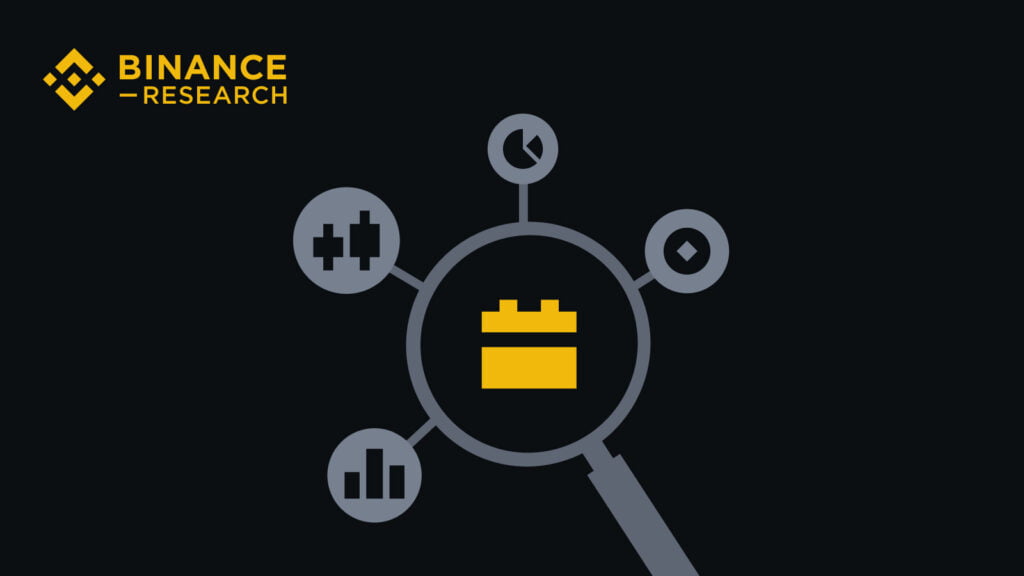Podcast Summary
The podcast features Hayden Adams, the founder of Uniswap, discussing the evolution of Uniswap and the novel features of its upcoming version, Uniswap v4. The discussion covers a range of topics, including the introduction of hooks, the Time-Weighted Average Market Maker (TWAMM) feature, security concerns, and potential regulatory challenges.
Key Takeaways
- Evolution of Uniswap: Uniswap has evolved significantly since its inception in 2018. The SushiSwap vampire attack, which was initially seen as a threat, ended up being beneficial for Uniswap.
- Uniswap v4: The new version of Uniswap brings it closer to the true ethos of Ethereum. It addresses the problems with the previous fee model and introduces a new approach to fee tiers.
- Introduction of Hooks: Hooks are the most important feature of the new code. They allow for greater customization and flexibility in the protocol.
- Time-Weighted Average Market Maker (TWAMM): The TWAMM feature in v4 allows for more efficient and fair trading by averaging out prices over a period of time.
- Security Concerns: There are concerns that hooks could be engineered to do rug pulls. However, the Uniswap team is confident in the security measures they have put in place.
- Singleton Approach: Uniswap v4 introduces a new singleton approach, which is expected to make the protocol more efficient.
- Regulation and Compliance: There are ongoing discussions about potential regulatory actions, including the possibility of U.S. authorities blacklisting certain transactions on v4. However, Hayden Adams, the founder of Uniswap, believes that it’s already possible to create pools that require KYC, and v4 doesn’t change that fundamentally.
- Centralization Concerns: Despite concerns about Uniswap becoming a centralizing force, Adams believes that the protocol’s decentralized nature and the lack of control by any single individual prevent this from happening.
Sentiment Analysis
- Bullish: The introduction of Uniswap v4 is seen as a significant step forward for the protocol, with new features like hooks and TWAMM expected to improve its functionality and efficiency.
- Bearish: There are concerns about potential security risks and regulatory challenges.
- Neutral: Not expressed.











